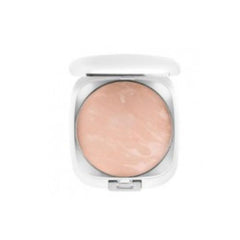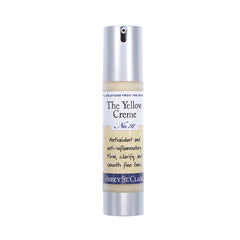Sunscreen Labels Simplified 2012
We always encourage the reading of labels. Starting now, sunscreen labels are more uniform and without misleading terms as new FDA guidelines are implemented over the next six months.
Why sunscreen labels?
 Thousands of words have chronicled the dangers of ultraviolet rays from the sun. The sun is not a friend to aging skin. If in denial, think of the baby smoothness of your skin in areas of your body where the sun doesn’t shine compared to your hands, neck, and face.…… The prosecution rests its case.
Thousands of words have chronicled the dangers of ultraviolet rays from the sun. The sun is not a friend to aging skin. If in denial, think of the baby smoothness of your skin in areas of your body where the sun doesn’t shine compared to your hands, neck, and face.…… The prosecution rests its case.
A good sunscreen contains protection against both UVA and UVB rays which can cause skin cancer. UVB rays cause sunburn. UVA rays penetrate deeper into the skin causing wrinkling and other signs of aging.
Remember that some sun exposure is beneficial as it promotes the production of Vitamin D in the skin, important for the absorption of calcium, but, as with everything in life, moderation is the key. In fact, there has been an increase in rickets disease due to parents slathering every inch of their children’s bodies with sunscreen every time they step out the door, resulting in a Vitamin D deficiency. Everything in moderation.
What you will see on new sunscreen products: SPF –Sunscreen Protection Factor. This is the most recognizable parameter. It is the measure of a product’s ability to screen out UVB only. SPF 30 blocks 96.7% of UVB, SPF 50 blocks 98%, and SPF 100 blocks 99% of UVB rays. You can see that there is little added benefit above an SPF 30. For this reason, the FDA has proposed to ultimately limiting SPF designations to 50+.
Broad-spectrum. This is important to signal protection against both UVA and UVB radiation. Broad-spectrum sunscreens that pass FDA standardized testing with an SPF of 15+ may state that, besides reducing sunburn, they decrease the risk of skin cancer and early aging when used with other sun protection measures (hats, protective clothing, sun protecting laundry additives). Higher SPF values indicate greater protection. NOTE: Our mineral foundations have concentrations of zinc oxide and titanium dioxide (no nanoparticles) that provide broad-spectrum protection of SPF 30+, but no products are allowed to state this without extensive outside testing.
Water-resistant. This means the sunscreen is effective for 40-80 minutes, as specified, after which time it needs to be reapplied. If it doesn’t say water-resistant, you should apply even more often if you swim or sweat.
Warnings. SPF sunscreens below 15 or those that are not broad-spectrum must carry an alert that they only help prevent sunburn, not skin cancer or early skin aging.
What you won’t see. You will no longer see terms such as “waterproof,” “sweat-proof,” or “sun-block.” All sunscreens will wash off with water or sweat, and no sunscreen blocks all ultraviolet radiation. Products also cannot claim “instant protection” or “extended protection” (longer than two hours) unless these claims have been proven to the FDA.
What to buy. Zinc oxide and titanium dioxide are the safest sunscreen agents. Avoid nanoparticles. Normal skin: Broad-spectrum sunscreen with a minimum SPF 15. Sensitive skin/fair skin/previous skin cancer: Broad-spectrum sunscreen SPF 30+. Swimmer/athlete/sweat prone: Include water-resistant sunscreen.
Application Apply liberally at least 15 minutes before sun exposure with reapplication at least every two hours.
Leave a comment
Comments will be approved before showing up.
Also in Abbey St Clare Blog

The Wheel is Turning. Abbey St. Clare has Closed.
Hello Friends,
The wheel is turning. Transitions are on the horizon. It is with regret that after almost twenty years, Abbey St. Clare is winding down as retirement and a relocation take place in the near future. We will continue taking orders through September 15.

Fix These 5 Hair-Washing Mistakes For Healthier Hair
Is your hair feeling brittle? Scalp dry? Locks not as lustrous as you want them to be? It’s possible you’re damaging your hair with five hair-washing mistakes.
If you follow these guidelines, you will see significant improvement in your hair and scalp health.

Pamper Your Skin and Elevate Your Mood With Essential Oils
Have you ever caught a whiff of cinnamon and felt a boost in your mood instantly? Do you feel calmer and more at ease when using lavender lotion before bed? If you said yes, it’s not just a figment of your imagination!
Ask anybody who uses essential oils regularly, and they’ll probably agree: these natural botanicals can have powerful, positive effects on your mood and overall wellness.



